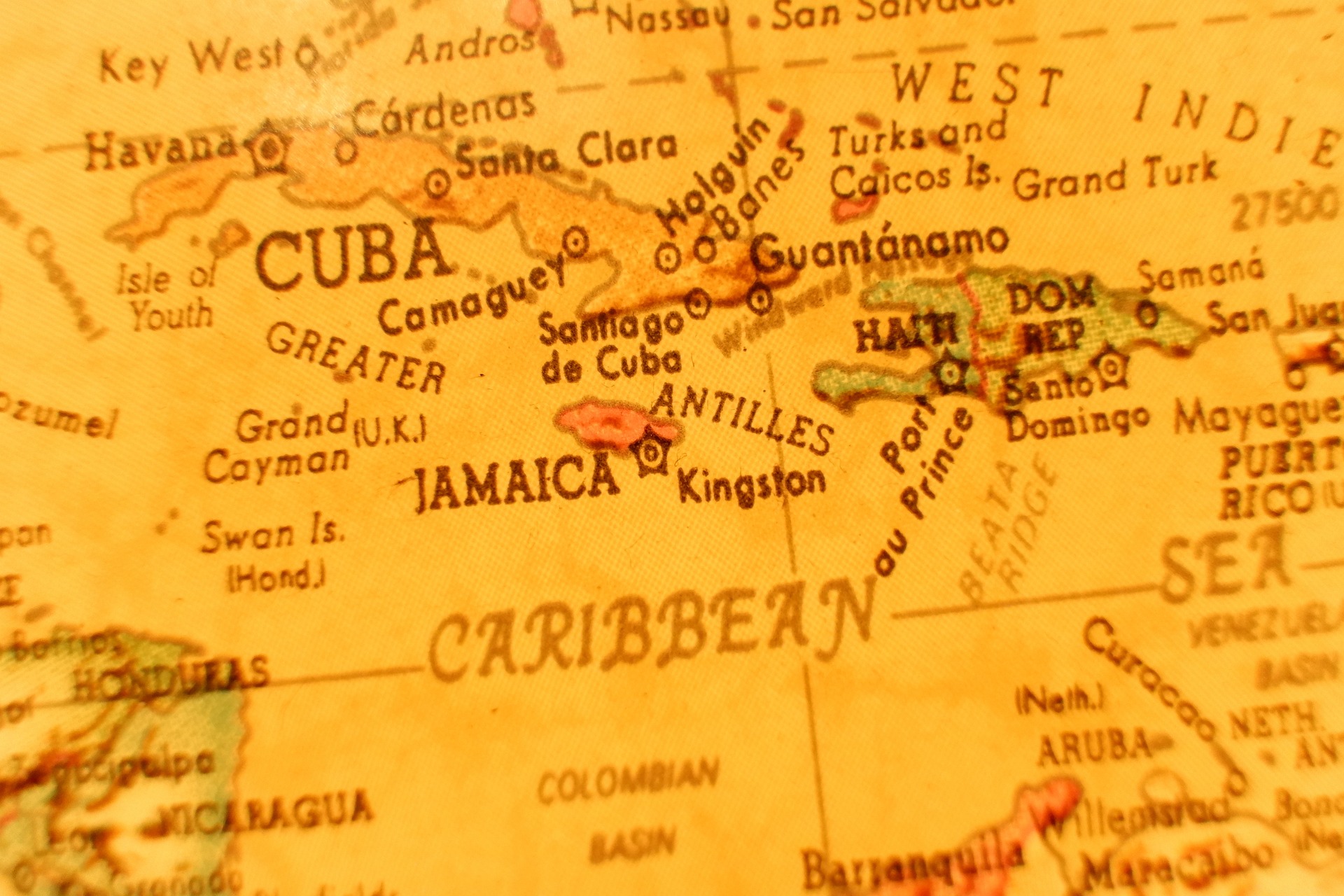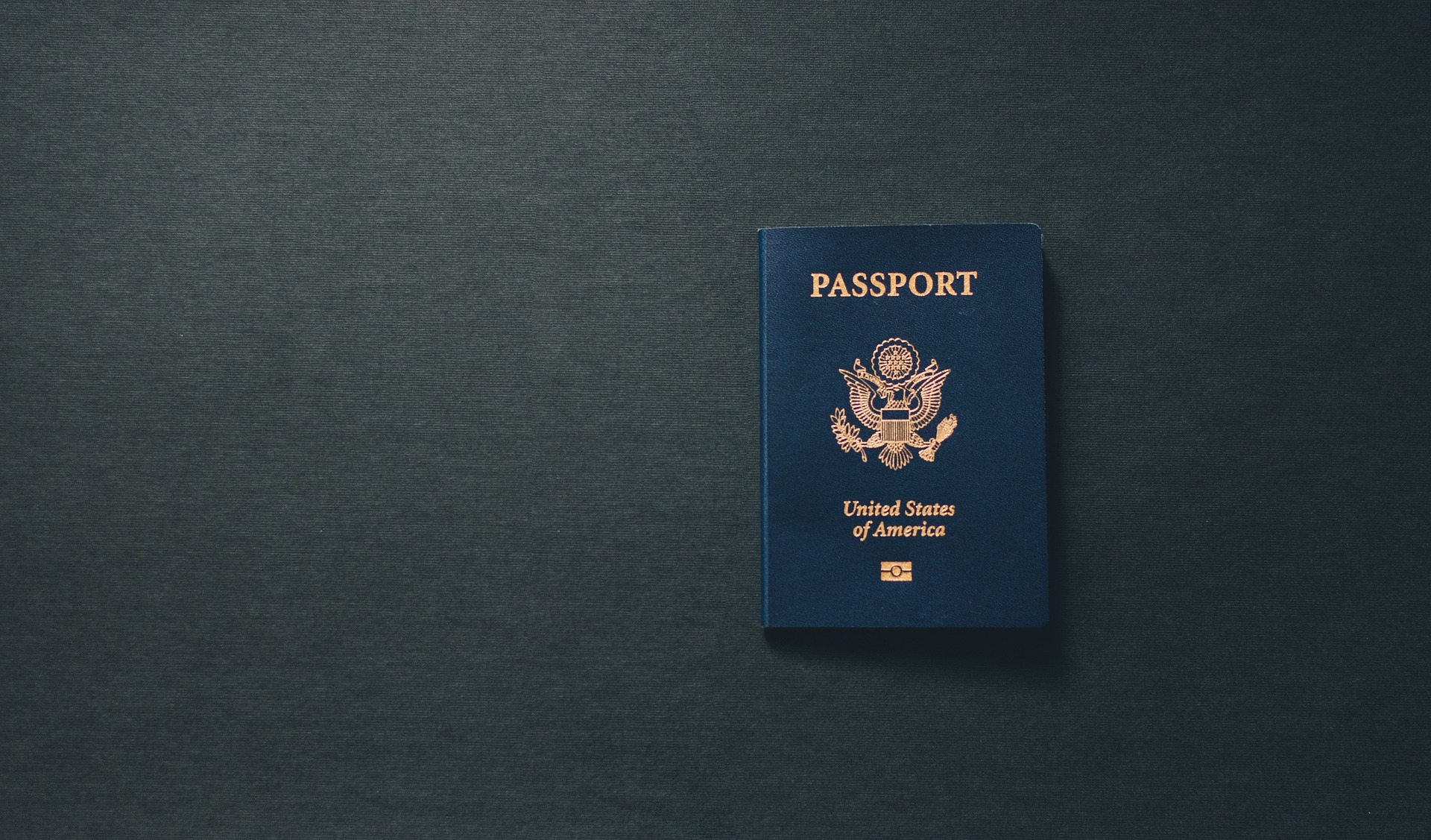Today, January 12, 2023, the U.S. Citizenship and Immigration Services (USCIS) announced that it is implementing the final phase of its expansion of premium processing for Form I-140, Immigrant Petition for Alien Workers, under the EB-1 and EB-2 immigrant classifications.
Who does this phase apply to?
This phase applies to new (initial) petitions, and all previously filed Form I-140 petitions under an E13 multinational executive and manager (EB-1C) classification or E21 classification as a member of professions with advanced degrees or exceptional ability seeking a national interest waiver (NIW) (EB-2).
When does premium processing open for new and pending EB-1C and EB-2 petitions?
Under the final phase of premium processing, effective January 30, 2023, USCIS will begin accepting premium processing upgrades for:
- All pending E13 multinational executive and manager petitions (EB-1C) and E21 NIW petitions (EB-2), and
- All initial E13 multinational executive and manager petitions (EB-1C) and E21 NIW petitions (EB-2)
- Petitioners who wish to request a premium processing upgrade must file Form I-907, Request for Premium Processing Service.
The expansion of premium processing was first known to the public with the release of the final rule entitled, “Implementation of the Emergency Stopgap USCIS Stabilization Act,” published in the Federal Register on March 30, 2022. As part of this final rule, USCIS announced the gradual expansion of premium processing to certain additional form types over a three-year period.
Background of the Planned Expansion of Premium Processing
The first phase of the planned expansion of premium processing was announced during May of 2022 and applied to certain pending EB-1 Multinational Executive and Manager and EB-2 NIW petitions.
Later, in July the agency announced a second phase of premium processing expanding premium processing of these categories to EB-1C petitions received by USCIS on or before July 1, 2021, and EB-2 petitions received by USCIS on or before August 1, 2021.
 Visa Lawyer Blog
Visa Lawyer Blog











